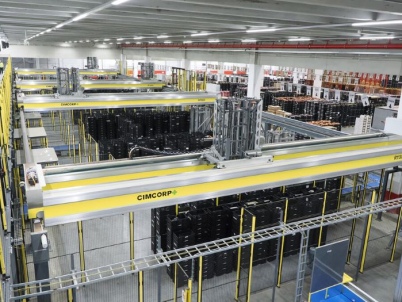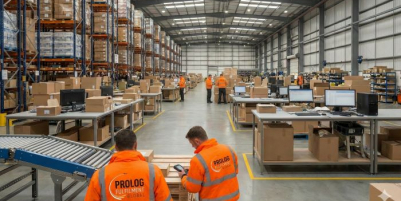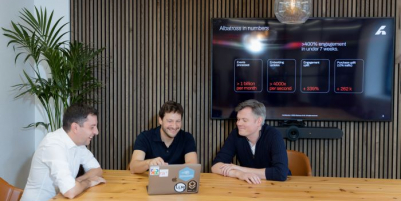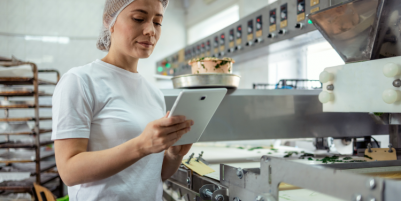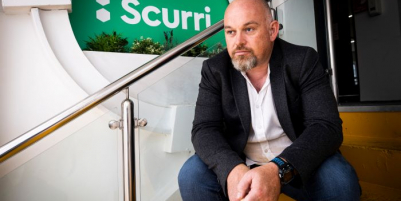-
Rite-Hite unveils new range of hydraulic kits to upgrade and extend dock leveller performance - 2 days ago
-
REWE and Cimcorp automate fresh supply chain for Berlin supermarkets and stores - 2 days ago
-
Q1 – A recovery period or time to fix, switch and scale? - 2 days ago
-
NULOGY’S SHOP FLOOR SOFTWARE TO POWER COMPLETE CO-PACKING’SOPERATIONS - February 13, 2026
-
Why lead generation depends upon good content - February 13, 2026
-
Wallapop and Albatross Sign Strategic Partnership to Bring Real-Time AI Discovery to the Future of Consumer-to-Consumer Commerce - February 12, 2026
-
Thorworld ramp helps Hubergroup to streamline its unloading operation - February 6, 2026
-
TRACKER INNOVATION FROM QUECLINK TO BOOST STOLEN VEHICLE RECOVERY PERFORMANCE - February 4, 2026
-
Flexi Narrow Aisle hits 50! - January 29, 2026
-
DERRY BROS ATTRACTS RECORD NUMBERS OF FREIGHT CUSTOMERS SEEKING CUSTOMS SUPPORT - January 29, 2026
South Korea’s leading online fashion platform, Musinsa, has reduced the workforce at its national fulfilment centre by one third and made the order sorting process three-times more efficient with the introduction of a LiBiao 3D sorting platform featuring autonomous mobile robot (AMR) technology.
Covering a total area of 500 square metres, the split-level 3D sorting platform is the largest installation of its kind in South Korea. It features a total of 100 AMRs – with 50 robots in operation on both the top and bottom levels of the system which processes orders for Musinsa’s customers across South Korea.
In simple terms the double-level sorting system performs much like a tilt-tray or cross-belt conveyor, but the robots travel independently and do not require a fixed track. The bots use algorithms to choose the shortest and, therefore quickest, route to the required chute or induction point.
At an induction station a worker places an item onto a sorting robot and the robot begins moving to its predetermined destination. When it arrives at its destination the robot automatically tips the parcel into the required chute before returning to the feeding point to begin the process again.
To cope with any spikes in throughput at Musinsa’s fulfilment facility the number of robots in operation on both levels can be increased as required, but if all 100 robots were in operation continuously for 24 hours the system could process up to 80,000 parcels.
The ultra-space-efficient 3D platform occupies less than half of the floor area that a traditional sorting method would require and took just four weeks to install.
In addition to the savings Musinsa was able to make by reducing its workforce, the switch to AMR-based 3D sortation technology has cut the site’s overall running costs, with energy consumption significantly down since the system was introduced. The savings are such that Musinsa expects to see a return on its investment within two years.
Musinsa was formed in 2001 and launched its ecommerce operation in 2009. It is one of the world’s fastest growing fashion retailers. In 2023 the company expanded into 13 new markets with the brand’s first Tokyo store attracting more than 10,000 shoppers in the first three days of its opening and Musinsa recently announced plans to expand its US operation.
LiBiao’s international client base continues to grow, and the company’s AMR sortation technology is in operation at sites across the world supported by a network of authorised dealers. Globally, an estimated 30 billion parcels are processed using LiBiao AMRs each year.





























